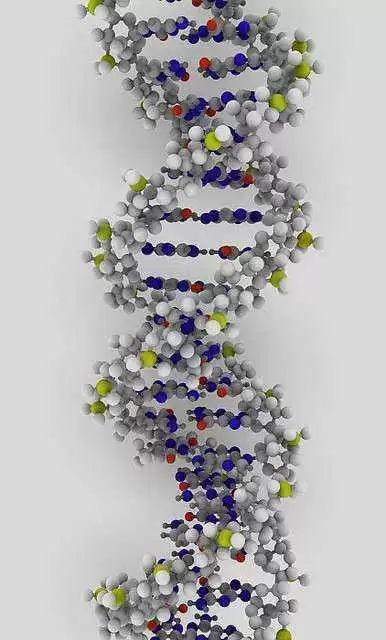Celiac.com 04/08/2009 - A study published in Journal of Insurance Medicine has delineated clear economic benefits to diagnosing celiac disease on a national level using a managed-care approach.
A team of researchers based at Columbia University Medical Center's Celiac Disease Center recently set out to estimate the rate of celiac disease diagnosis and assess the economic benefits of diagnosis by reviewing retrospective cohort studies from a national managed-care-population database. The research team was made up of Peter H. R. Green, Alfred I. Neugut, Afzal J. Naiyer, Z. Collette Edwards, Susan Gabinelle, and Vijit Chinburapa.
Celiac.com Sponsor (A12):
Using the data, the team isolated cases of newly diagnosed with celiac disease. They also isolated 3 control groups that included people without a diagnosis of celiac disease, but who showed 1, 2, or 3 or more symptoms common to the disease.
They used claim, incident, and eligibility information from 10.2 million managed care individuals across America from January 1999 and December 2003. They quantified and compared direct standardized relative value based (RVU) medical cost and use of medical services across the whole of the 4 study base.
What they found was that the rate of newly diagnosed cases of celiac disease had increased more than 100% over the study period.
The celiac disease group showed substantial overall shrinkage in direct standardized medical costs compared with the control subjects.
RVU-based medical costs for the celiac subjects were 24%, 33%, and 27% below cohort 1 (p,0.05), 29.0%, 38%, and 24% below cohort 2 (p,0.05), and 38%, 33%, and 31% below cohort 3 (p,0.01) for the 12-month, 24-month and 36-month post-diagnosis periods, respectively.
The reduced costs correlated with a reduction in office visits, lab, diagnostic, imaging, and endoscopy procedures compared to the 3 other cohorts over the 3-year follow-up period.
The researchers found increased rates of celiac disease diagnosis, which was tied directly to a substantial reduction in direct standardized RVU-based medical costs and use of selected health care services over the period of the study.
Journal of Insurance Medicine 2008;40:218–228







Recommended Comments